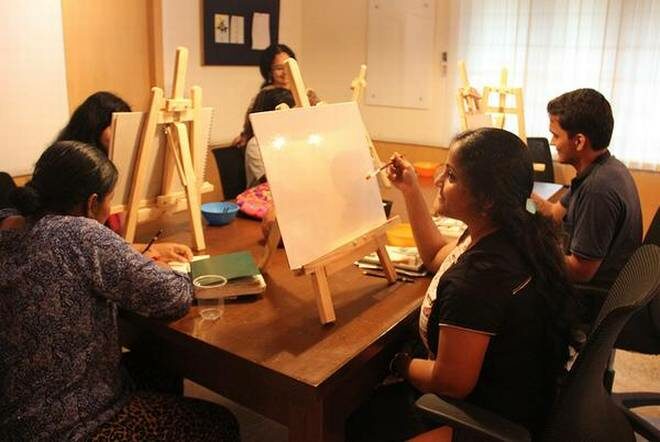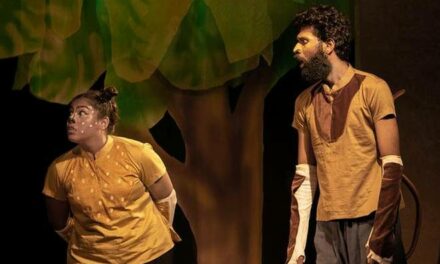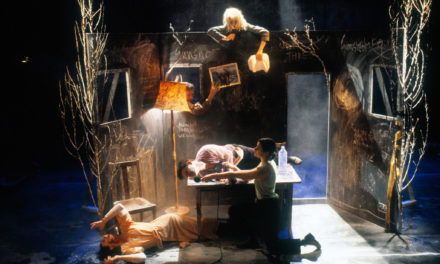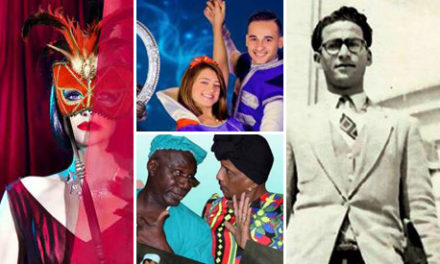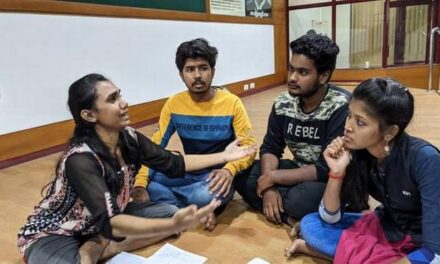With sculpture, weaving, and puppetry, Wandering Artist’s immersive fine arts course is a smart summer project
It was sometime last year that Chennai-based Kavery Poovanna was struck by the city’s dearth of short, immersive courses in the arts — ones offering hands-on experience. Cut to March 2019, and the founder of Wandering Artist, the arts and culture hub in RA Puram, is all set to launch Bhuhu, a course that will offer hands on training in art forms such as sculpture, weaving and puppetry — with co-curator Asha Krishnakumar. After a recce in February (which was restricted to in-house trainees and artists), the team of 13 faculty members is currently accepting applications for the inaugural batch.
“Bhuhu comes under a bigger banner of Corvai,” Poovanna tells me. “The intensive art program (launching in July) brings together the five margas (tracks) that represent the five elements of nature. The fine arts course, Bhuhu, represents Earth, and upcoming courses include music: water (jalam or aapaha), dance: fire (agni or vahni), tradition: wind (vayu or prana) and temple architecture: sky (aakasha or ambaram).”
Bhuhu’s format was tweaked after the recce, replacing a workshop on pen kalamkari with block printing and tie-dye, as the former needed more time. “But given kalamkari’s popularity, we’re looking to introduce it in Corvai,” Krishnakumar says.
Takers guaranteed
Besides theory, the course will also comprise lectures, demonstrations, workshops and field visits led by experienced faculty like Lakshmi Krishnamurthi, of Kalakshetra Foundation’s visual arts department, and textile designer, S Venkatesan. Temple architect MS Vassudhev Prajapathi and Bhanumathy of the Pavai Centre of Puppetry, among others, are part of the faculty, which also includes young professionals in the age group of 25-30. Krishnakumar says the mix was necessary to ensure everyone’s questions are answered. “Since the courses are open to all — students, homemakers, artists — a varied faculty has it covered,” she says.
With many now keen on studying traditional art forms, Poovanna is convinced that the course will find takers. “We’ve received calls from staff at government schools, who wanted to equip themselves with this knowledge and then teach the children,” she says. For Krishnakumar, however, it is the experience that matters. “Today, there are multiple social media platforms from where you can learn. But I want people to experience art,” she says.
But how will Bhuhu differ from other art courses? “Each module is crafted so that there is an outcome at the end. For example, a person taking up puppetry will present a puppet show,” Poovanna concludes.
This article originally appeared in The Hindu on March 29, 2019, and has been reposted with permission.
This post was written by the author in their personal capacity.The opinions expressed in this article are the author’s own and do not reflect the view of The Theatre Times, their staff or collaborators.
This post was written by Nidhi Adlakha.
The views expressed here belong to the author and do not necessarily reflect our views and opinions.

